The European Space Agency Global Development Assistance (ESA GDA) team participated in the 39th International Symposium on Remote Sensing of Environment (ISRSE 39) which took place this year in Antalya, Turkey with the theme “From Human Needs to SDGs”.
The GDA Programme is implemented together with key Institutional Partners such as the World Bank (WB) and the Asian Development Bank (ADB), and is working closely with stakeholders in the IFIs’ client countries to explore the potential of Earth Observation to support development operations. In this context, the ISRSE panel discussion titled “EO for International Development Assistance”, featured key regional and national partnerships under the GDA programme.
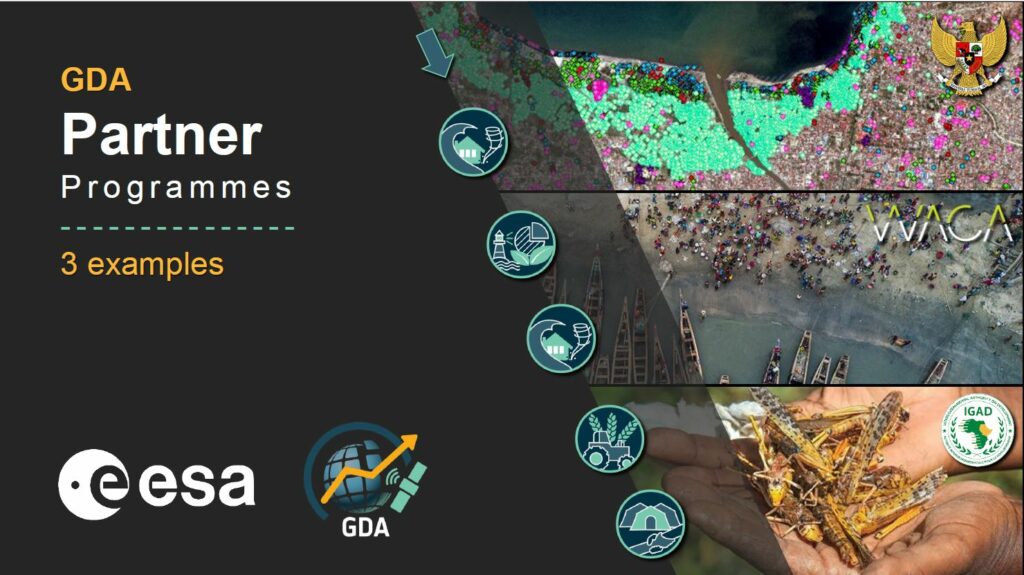
Kenneth Mwangi, from the Intergovernmental Authority on Development (IGAD) in East Africa, stressed the collaboration through the WB-funded Emergency Locust Response Program to be demand-driven. He showcased that Earth Observation offered the quickest way to react to high-level government requests, and he also highlighted the co-development principle in the approach to be particularly valuable.
“We develop solutions together, so that IGAD can pass them into operational services in the quickest way; the institution now takes it up to the food security level”
Kenneth Mwangi, IGAD
Ousmane Bathiery, from Centre de Suivi Ecologique (CSE) in Sénégal, presented the cooperation through the WB-funded West Africa Coastal Areas Management (WACA) program as “a fruitful partnership for an emerging future”. He also highlighted the value of the ESA partnership to optimise and fully capitalise on the WB investments, and stressed that it boosts regional integration efforts.
Rokhis Khomarudin, from Indonesia‘s National Research and Innovation Agency (BRIN) spoke about their partnership with ADB, and associated linkages to ESA GDA as part of disaster response and recovery efforts. He particularly highlighted the government’s mandate to foster resilience and facilitate preparedness and well-planned response (including though training both central and local authority counterparts). In that context, he stressed the value of the partnership with ADB and ESA to support a build-back-better approach.
This panel discussion highlighted ESA’s engagement with International Financial Institutions under the Space for International Development Assistance (Space for IDA) cooperation framework, and how it enables to accelerate impact at scale and sets the stage for operational uptake at both the regional and national level.
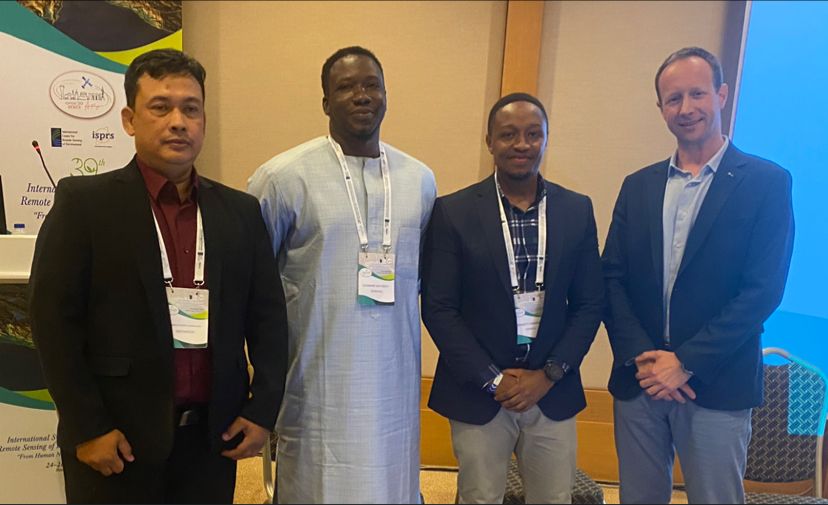



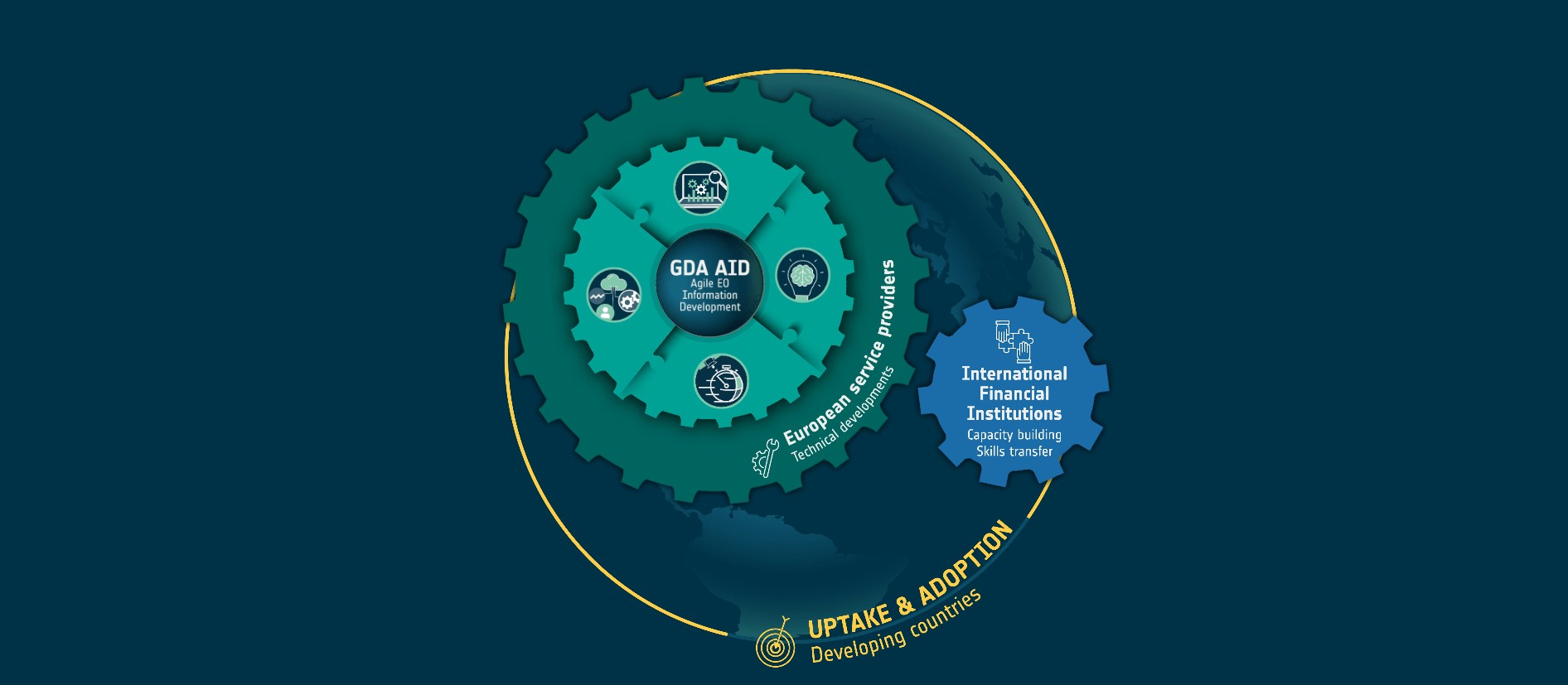





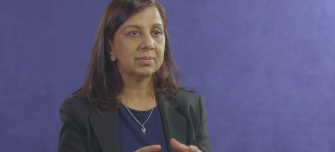

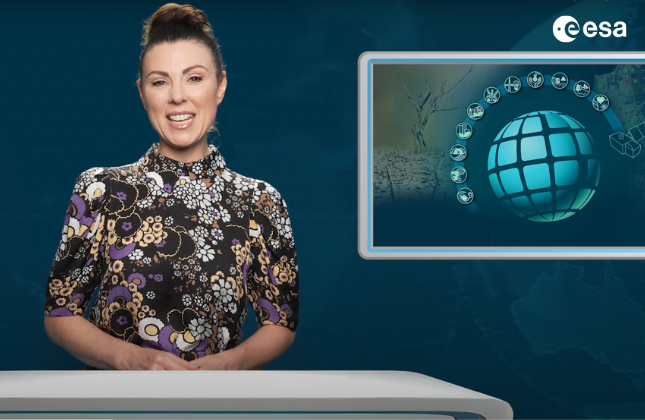

![[Video] ADB and WB participate at APRSAF-28](https://gda.esa.int/wp-content/uploads/2022/11/APRSAF-results.jpg-340x250.jpeg)